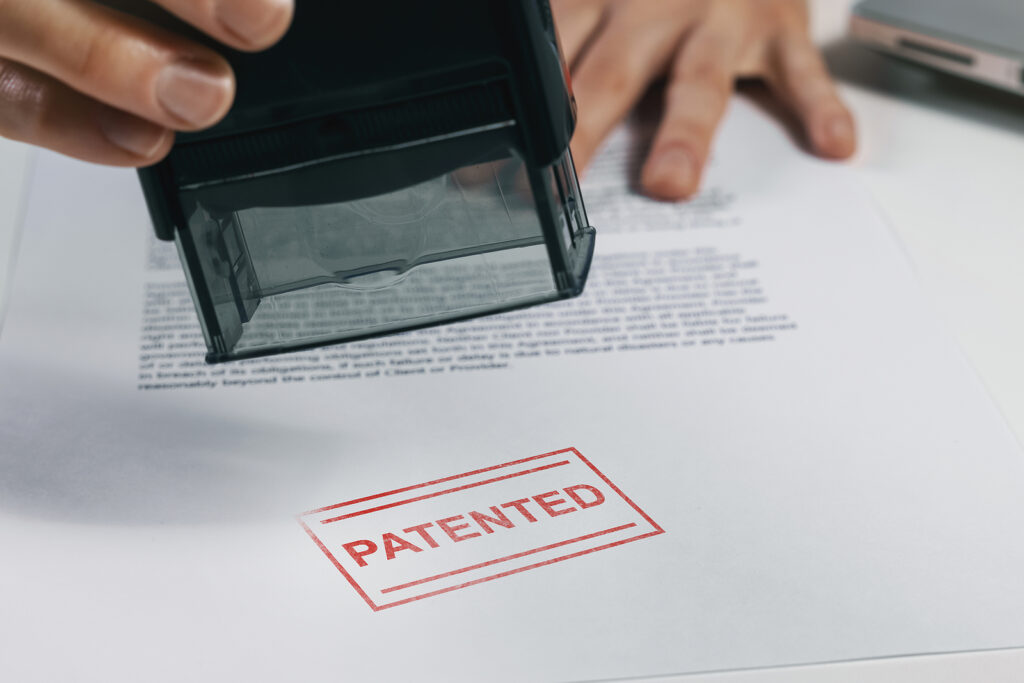Here at the Law Office of Vincent Miletti, Esq. and the home of the #UnusuallyMotivated movement, we take pride as a resilient and dependable legal services firm, providing such services in both a traditional and online, web-based environment. With mastered specialization in areas such as Employment and Labor Law, Intellectual Property (IP) (trademark, copyright, patent), Entertainment Law, and e-Commerce (Supply Chain, Distribution, Fulfillment, Standard Legal & Regulatory), we provide a range of legal services including, but not limited to traditional legal representation (litigation, mediation, arbitration, opinion letters, and advisory), non-litigated business legal representation and legal counsel, and unique, online legal services such as smart forms, mobile training, legal marketing, and development.
Still, here at Miletti Law®, we feel obligated to enlighten, educate, and create awareness, free of charge, about how these issues and many others affect our unusually motivated® readers and/or their businesses. Accordingly, to achieve this goal, we have committed ourselves to creating authoritative, trustworthy, & distinctive content. Usually, this content is featured as videos posted on our YouTube Channel https://www.youtube.com/channel/UCtvUryqkkMAJLwrLu2BBt6w and blogs that are published on our website WWW.MILETTILAW.COM. With that, the ball is in your court and you have an effortless obligation to subscribe to the channel and sign up for the Newsletter on the website, which encompasses the best way to ensure that you stay in the loop and feel the positive impact of the knowledge bombs that we drop here!
As the authoritative force in Employment Law, it only seemed right to introduce one of the many upcoming series in which we introduce a variety of topics that looks to educate and deliver in a manner that only Miletti Law® can. To that end, this blog is titled “Whistleblower Protections under the False Claims Act (FCA)” and is Part III of our new series on “Life Sciences Industry Guide for Labor and Employment,” in which we review the basics and have an overview of what is encompasses as part of the life sciences industry. In Part II of the series and our blog titled “Retaliation & Whistleblowing Claims within the Life Sciences Industry,” we mentioned that employers within the highly regulated life sciences industry are significantly vulnerable to employee claims seeking to “blow the whistle” on allegedly unethical, criminal, and unlawful practices. Based on a recent report released in December 2018 by the Department of Justice, while $2.1 billion came directly from whistleblower actions, $2.5 billion of the $2.8 billion recovered pursuant to 31 USC § 3729 et seq. (the False Claims Act (FCA)) were recovered from the industry of healthcare.
To continue this discussion, this blog is titled “Whistleblower Protections under the False Claims Act (FCA)” and is an overview and a review of the protections provided to whistleblowers under the False Claims Act.
Whistleblower Protections under the False Claims Act (FCA)
Usually, Medicaid and Medicare expenses are implicated when fraud incidents occur in the pharmaceutical and healthcare industries. For this reason, while the whistleblower protections provided under the statute are mirrored under many state laws, the False Claims Act (FCA) is particularly an important law in the field of life sciences. In this regard and pursuant to 31 USC § 3730(h)(1), the FCA protects all agents, contractors, and employees from retaliation in the form of harassment, threats, suspension, demotion, discharge, or any other manner of discrimination against the terms and conditions of employment should they engage in protected activity such as reporting violations.
Notably, even if the court finds the underlying conduct for which one received punishment from the employer for reporting to be lawful, the complainant or plaintiff should still go ahead and bring a whistleblower claim since it is available under the provisions of the FCA. It is crucial to note that pursuant to 31 USC § 3730(b), the individuals filing whistleblower claims under the FCA bring the action on behalf of themselves and the government of the U.S. Furthermore, the individual assumes the status of a qui tam action (a party to the action) if the government moves forward with the action and pursuant to 31 USC § 3730(c).
Accordingly, while employers found in violation of the FCA are liable for treble damages, a qui tam complainant would be entitled to a number of things. Pursuant to 31 USC § 3730(d), such a plaintiff is entitled to:
- Reasonable expenses and attorney’s fees
- If the government moves the claim forward, they may receive a bounty of 15% – 25% of the recovery.
In Part IV of this new series, we shall move the discussion forward and hammer on “New York & New Jersey Whistleblowing Laws in the Life Sciences” for an overview of the whistleblowing laws in both New York & New Jersey that are related to life sciences.
In the meantime, stay tuned for more legal guidance, training, and education. In the interim, if there are any questions or comments, please let us know at the Contact Us page!
Always rising above the bar,
Isaac T.,
Legal Writer & Author.
 Professional Legal & Business Services And Representation - English & Espanol!
Professional Legal & Business Services And Representation - English & Espanol!

 314-648-2586
314-648-2586 CALL US NOW
CALL US NOW








